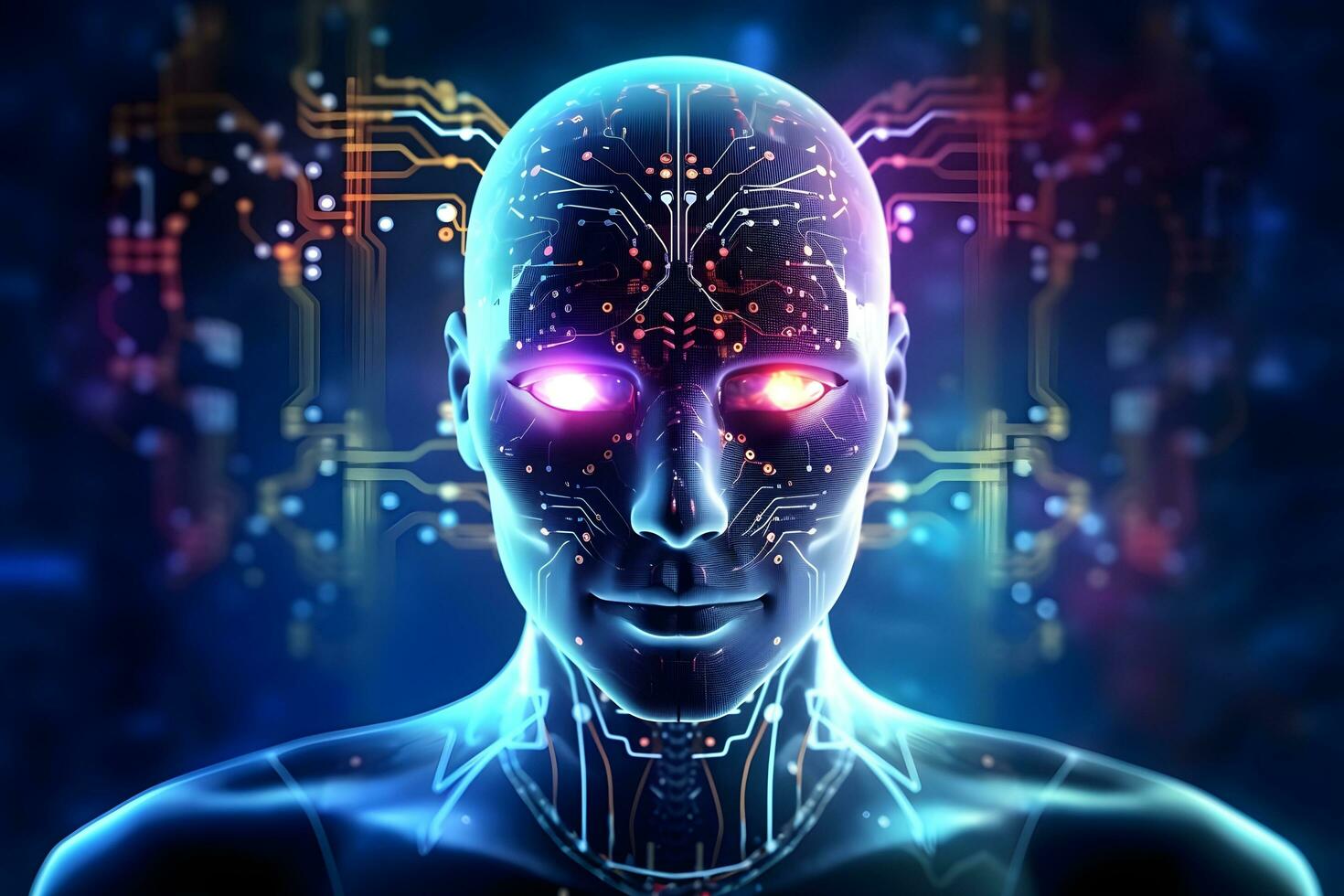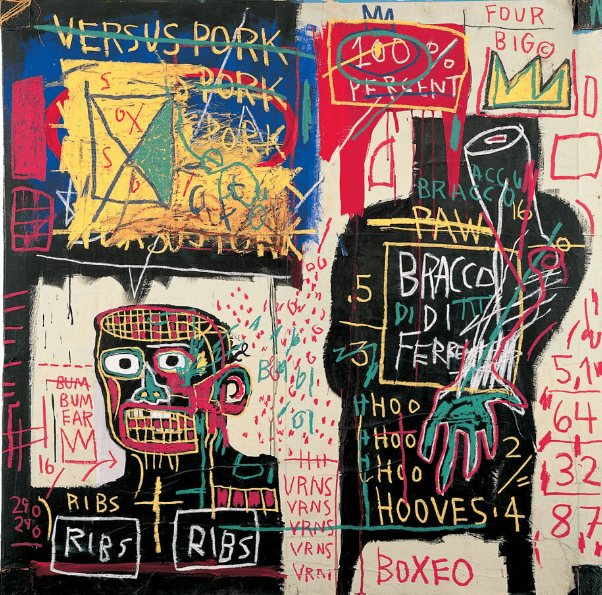By Jennifer Mathews
- Generative AI threatens to snatch away half of the gateway jobs crucial for upward mobility within Black communities between 2030 and 2060
- The looming economic consequences have the potential to exacerbate the already existing wealth disparities in the U.S. by a staggering $43B annually
In the evolving landscape of artificial intelligence, the looming specter of generative AI casts a shadow over the economic prospects of Black communities. As we hurtle towards a future where technology dictates the employment terrain, the ramifications for Black workers, particularly those without degrees, are profound and potentially devastating. Presently, the median Black family’s wealth stagnates at $44,900, a fraction of the $285,000 held by their White counterparts.
Why This Matters: Historically, jobs have served as a crucial stepping stone for Black individuals striving for economic stability. However, generative AI is about to upset the status quo. Since it can create content, perform tasks, and even make decisions autonomously, this could lead to job displacement in various sectors, including those traditionally occupied by the Black workforce. The period from 2030 to 2060 holds the potential to witness generative AI seizing approximately half of the entry-level jobs that have long been a lifeline for many in the Black workforce. These are not just employment opportunities; they represent the promise of upward mobility, a chance to break free from the constraints of systemic inequality.
Adding salt to the wound, the economic impact of this AI revolution could further widen the already gaping racial wealth gap. A staggering $43B could be added to the chasm annually, exacerbating the financial disparities between Black and White households. If this trend continues, the implications are clear — generative AI threatens to compound the existing economic inequalities.
Different angle: Glass half-full
While AI undoubtedly has the potential to disrupt industries and job markets, it also creates new opportunities and demands for human labor, often in complementary roles. Perhaps before AI takes over, the Black community should seize this opportunity and invest in education and training programs focused on skills that are less susceptible to automation.
Situational Awareness: As we grapple with the impending disruption, it’s essential to stay informed about the trajectory of generative AI and its specific consequences for Black communities. Proactive measures from policy interventions to educational initiatives are needed to ensure that the AI revolution becomes a catalyst for equitable progress rather than a driver of further disparity. The conversation surrounding AI’s impact on employment must be inclusive, accounting for Black workers’ unique challenges and fostering a future where technological advancements uplift rather than sideline marginalized communities.
CBX Vibe: “Changes” 2Pac









